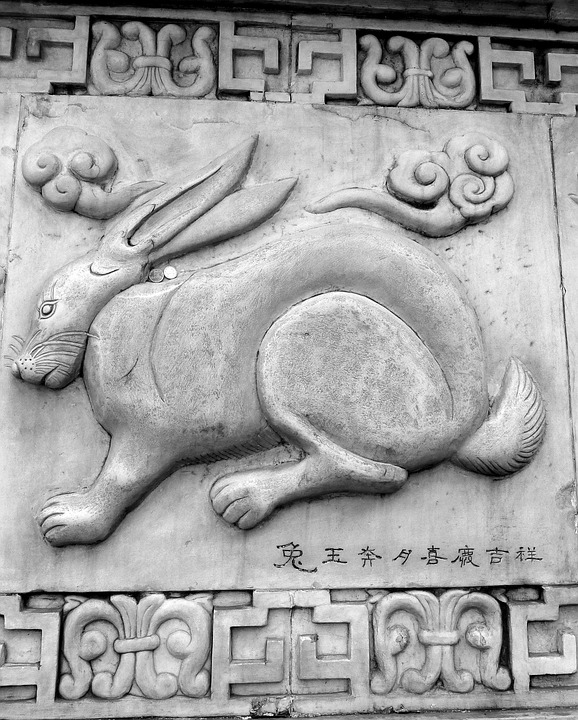The Foundations of Marxism
Karl Marx is considered the founder of Marxist theory, which seeks to understand and critique capitalist society. Marx believed that capitalism was inherently exploitative, with the capitalist class extracting surplus value from the labor of the working class. He argued that the inevitable class struggle between these two groups would lead to the eventual overthrow of capitalism and the establishment of a communist society.
The Development of Marxist Theory
Marx’s theories were further developed by his collaborator, Friedrich Engels, who expanded on the concepts of historical materialism and dialectical materialism. Historical materialism posits that the development of society is driven by the material conditions of production, while dialectical materialism is a method of understanding the world through contradictions and their resolution.
Marxist theory continued to evolve in the early 20th century, particularly in the context of the Russian Revolution of 1917. The Bolshevik Party, led by Vladimir Lenin, successfully overthrew the Tsarist regime and established the world’s first socialist state.
The Contributions of Lenin
Lenin’s interpretation of Marxist theory has become known as Marxist-Leninism, which emphasizes the importance of a vanguard party to lead the working class in revolutionary struggle. Lenin believed that the capitalist state could not be seized and transformed from within, but needed to be destroyed and replaced with a new socialist state.
Lenin also made significant contributions to Marxist theory with his concepts of imperialism and the dictatorship of the proletariat. He argued that imperialism was the highest stage of capitalism, characterized by the domination of monopolies and the export of capital to the colonies. The dictatorship of the proletariat, according to Lenin, is the transitional state that would wither away as socialism transitioned to communism.
The Legacy of Leninism
Lenin’s ideas had a profound impact on the development of Marxist theory, particularly in the context of the Soviet Union and other socialist states that emerged in the 20th century. Leninism became the dominant form of Marxism in these countries, with party leadership, centralized planning, and state ownership of the means of production being key features of the socialist system.
Leninism also influenced Marxist theory outside of the Soviet Union, particularly in the context of anti-imperialist struggles and national liberation movements. Leaders such as Mao Zedong in China, Ho Chi Minh in Vietnam, and Fidel Castro in Cuba all drew on Leninist principles in their revolutionary struggles against colonialism and imperialism.
Challenges to Marxist-Leninist Theory
While Marxist-Leninist theory was influential in the 20th century, it also faced criticism and challenges from within the Marxist tradition. One of the key criticisms was the authoritarian nature of Leninist states, which often led to the suppression of political dissent and the centralization of power in the hands of the ruling party.
Another challenge to Marxist-Leninist theory came from the rise of alternative forms of socialism, such as democratic socialism and anarchist communism. These movements rejected the vanguard party model and emphasized grassroots democracy, decentralized decision-making, and a rejection of state power.
The Evolution of Marxist Theory Today
In the 21st century, Marxist theory continues to evolve and adapt to new challenges and contexts. Contemporary Marxists are exploring issues such as climate change, globalization, and the digital economy through a Marxist lens, while also engaging with feminist, anti-racist, and decolonial perspectives.
One of the key debates within Marxist theory today is the question of reform versus revolution. Some Marxists argue for working within existing capitalist institutions to achieve progressive change, while others advocate for the overthrow of capitalism and the establishment of a socialist society.
Overall, the evolution of Marxist-Leninist theory from Marx to Lenin and beyond has been a dynamic and complex process, shaped by historical events, political struggles, and theoretical debates. While Marxist theory continues to face challenges and criticisms, its core principles of class struggle, historical materialism, and the critique of capitalism remain relevant and inspiring for activists and scholars around the world.




